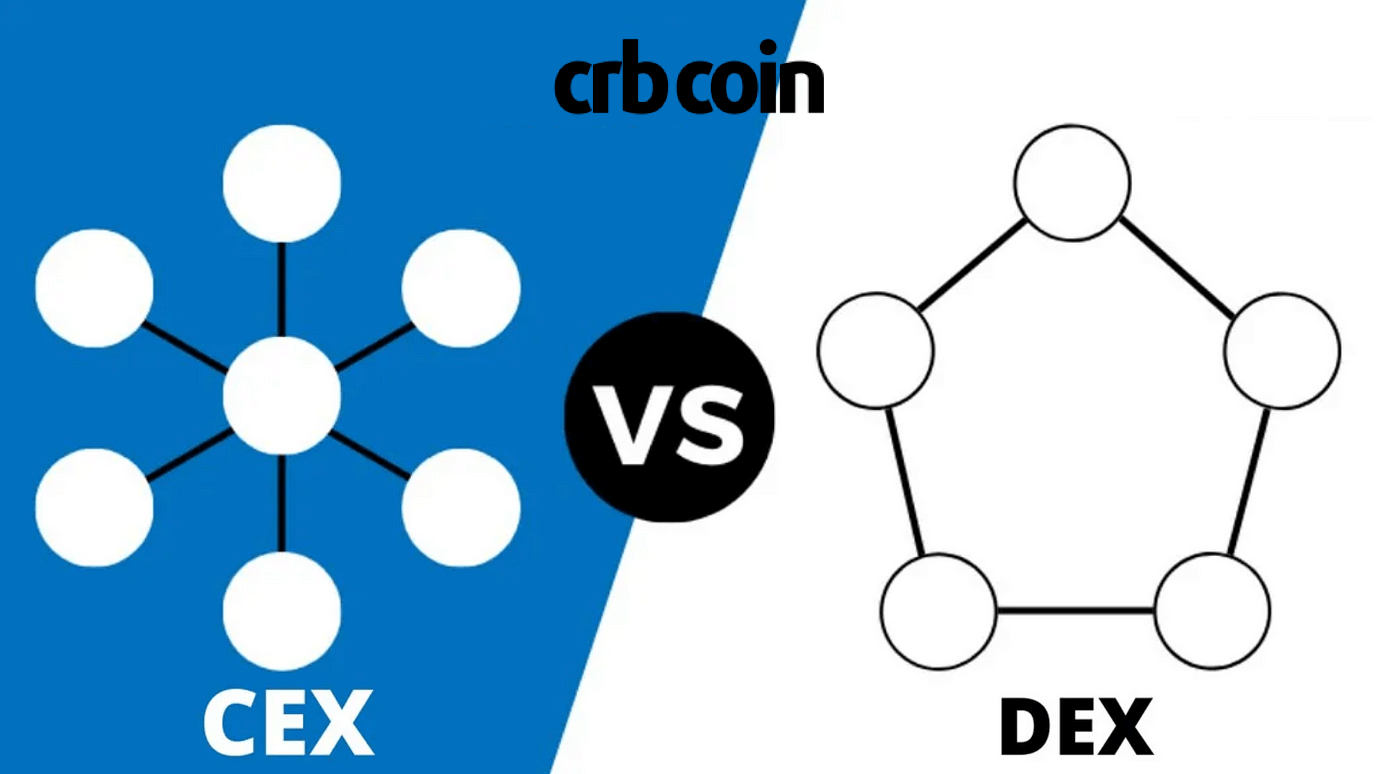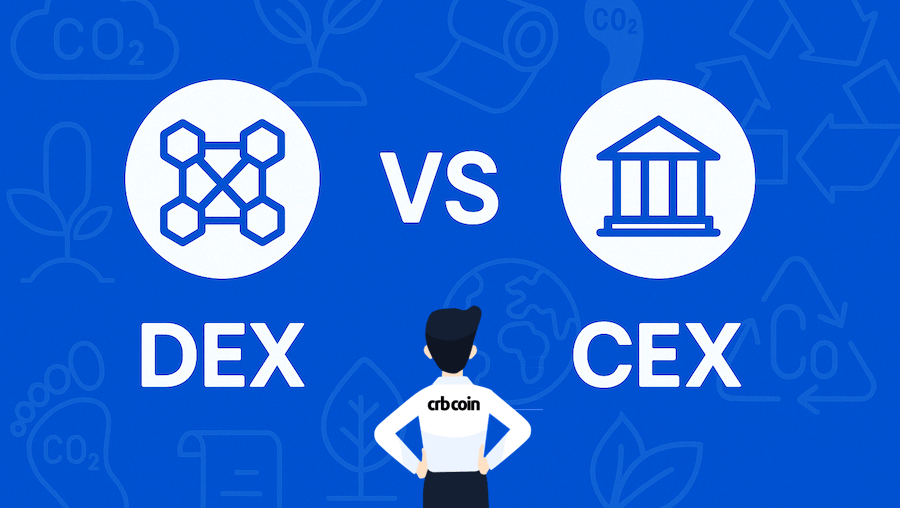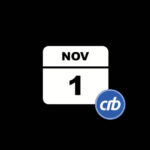When diving into the world of cryptocurrency trading, you’ll often come across two terms: DEX (Decentralized Exchange) and CEX (Centralized Exchange). These platforms are the gateways to buying, selling, and trading cryptocurrencies, but they operate in fundamentally different ways. Let’s explore what sets them apart, the pros and cons of each, and how you can choose the right one for your needs.
What is a DEX?
A Decentralized Exchange, or DEX, is a platform that allows users to trade cryptocurrencies directly with one another without the need for an intermediary. DEXs operate on blockchain technology, using smart contracts to execute trades. Popular DEXs include Uniswap, SushiSwap, and PancakeSwap.
What is a CEX?
A Centralized Exchange, or CEX, is a platform where trades are facilitated by a central authority. These exchanges act as intermediaries between buyers and sellers, providing a user-friendly interface and a range of services such as advanced trading features, customer support, and enhanced security measures. Examples of popular CEXs are Binance, Coinbase, and Kraken.
The Pros and Cons of DEX and CEX
Pros of DEX:
- Decentralization: Since there’s no central authority, trades are more transparent and secure.
- Privacy: Users don’t need to provide personal information, which enhances privacy.
- Control: Users have full control over their funds and private keys, reducing the risk of hacks and theft.
Cons of DEX:
- User Experience: DEXs can be more challenging to use, especially for beginners.
- Liquidity: They often have lower liquidity compared to CEXs, which can lead to slippage.
- Speed: Transactions on DEXs can be slower due to the reliance on blockchain technology.
Pros of CEX:
- User-Friendly: CEXs provide a more intuitive and accessible trading experience.
- Liquidity: They generally offer higher liquidity, ensuring faster and more efficient trades.
- Services: CEXs offer a range of additional services such as margin trading, staking, and customer support.
Cons of CEX:
- Centralization: The centralized nature makes them vulnerable to hacks and regulatory scrutiny.
- Privacy: Users must undergo KYC (Know Your Customer) procedures, which require sharing personal information.
- Control: Funds are held by the exchange, meaning users don’t have full control over their assets.
If You Decide to Go for a DEX or CEX, What Should You Pay Attention To?
Choosing a DEX:
- Liquidity: Check the trading volume and liquidity pools to ensure smooth trading.
- Security: Ensure the platform has a good track record and uses robust security measures.
- Fees: Be aware of transaction fees, which can vary based on the network and trading pair.
Choosing a CEX:
- Reputation: Opt for exchanges with a solid reputation and positive user reviews.
- Security: Look for features like two-factor authentication (2FA) and insurance funds.
- User Interface: Ensure the platform is user-friendly and offers the tools you need.
Which are the Top DEX and Which are the Top CEX?
Top DEX:
- Uniswap: Known for its large liquidity pools and user-friendly interface.
- SushiSwap: Offers additional features like yield farming and staking.
- PancakeSwap: Popular for trading Binance Smart Chain tokens with low fees.
Top CEX:
- Binance: Offers a vast range of cryptocurrencies, high liquidity, and advanced trading features.
- Coinbase: User-friendly with strong security measures, ideal for beginners.
- Kraken: Known for its robust security and range of trading options.

How to Use CoinMarketCap to Find the Best DEX or CEX for You?
CoinMarketCap is an excellent resource for finding detailed information about different exchanges. Here’s how to use it:
- Visit CoinMarketCap: Go to the website and navigate to the ‘Exchanges’ section.
- Filter and Compare: Use filters to compare exchanges based on trading volume, number of listed assets, and user ratings.
- Read Reviews: Look at user reviews and ratings to get a sense of the exchange’s reputation.
- Analyze Data: Review trading volume and liquidity data to ensure the exchange meets your needs.
Crbcoin on DEXs and CEXs: Unlimited Trading Options
Crbcoin will soon be available on several top DEXs and CEXs, providing holders with unlimited options to trade, hold, or stake their Crbcoins. This strategic move ensures that users can leverage the benefits of both decentralized and centralized platforms, optimizing their trading experience.
In conclusion, understanding the differences between DEXs and CEXs is crucial for anyone involved in cryptocurrency trading. Both types of exchanges have their unique advantages and disadvantages, and the right choice depends on your specific needs and preferences. Whether you prioritize privacy and control or liquidity and ease of use, there’s a platform out there for you. With resources like CoinMarketCap, you can make an informed decision and find the best exchange to suit your trading strategy. For more in-depth information about crbcoin, please reach out to our specialist.





